WHERE ARE THEY NOW? The Kings Of The '90s Dot-Com Bubble
Joe Kraus' eXcite got an offer to buy Google for $750,000, and passed.

Boo.com founder Ernst Malmsten once said, “After the pampered luxury of a Lear jet 35, Concorde was a bit cramped.”
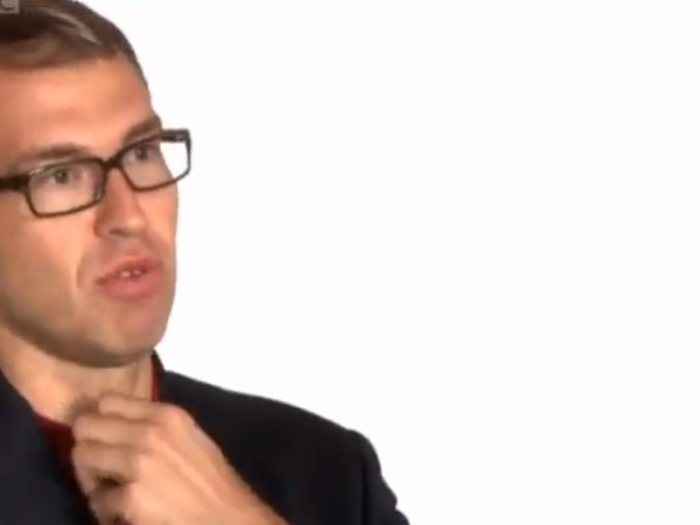
Fashion retail web site Boo.com launched in 1999. The company burned $135 million of venture capital in 18 months and went bankrupt in 2000.
Malmsten re-emerged in 2011 as CEO of luxury goods company Lara Bohinc.
Razorfish founders Craig Kanarick and Jeff Dachis threw a party at which transvestites served 4,000 White Castle burgers to guests.
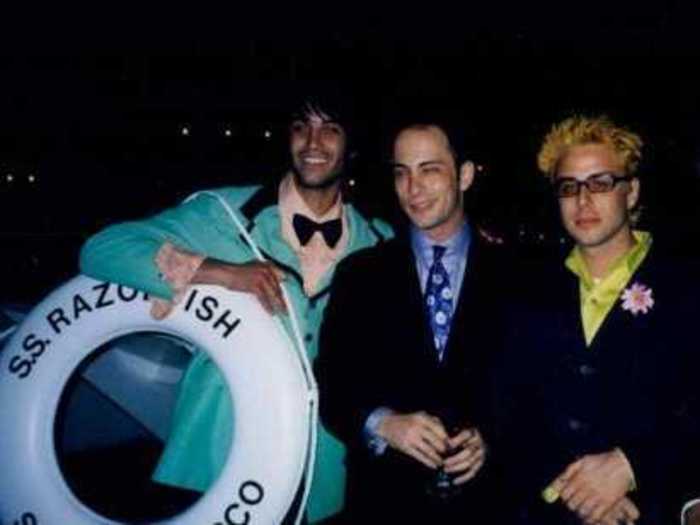
The 1997 new office-warming party at digital ad agency Razorfish, which allegedly featured belly dancers and Krispy Kreme donuts (in addition to trannies with burgers), is remembered as one of the defining excesses of the late 1990s. It's safe to say the legend is probably more apocryphal than true.
Craig Kanarick and Jeff Dachis took their company through an IPO, raising $48 million in 1999. Razorfish was eventually acquired as part of a package by Microsoft, and then later sold to Publicis Groupe for $530 million.
Dachis moved on to found Dachis Group, a social media analytics company, which has since been acquired by social relationship platform Sprinklr. Dachis serves as a senior advisor there.
Kanarick is now the cofounder and CEO of Mouth, "the leading online destination for indie food."
The Globe.com's Stephan Paternot was known as "the CEO in the plastic pants" after he was filmed in a nightclub saying, "Got the girl. Got the money. Now I'm ready to live a disgusting, frivolous life."
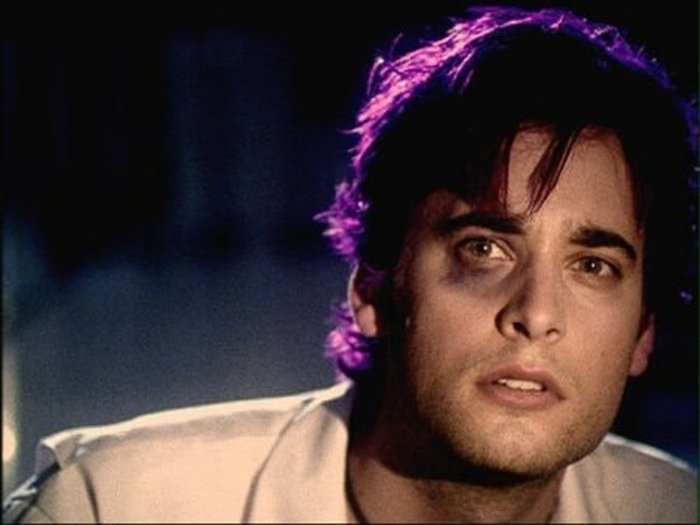
Cornell students Stephan Paternot and Todd Krizelman founded TheGlobe.com in 1994. It was a social network before social networks existed, and offered essentially the same things that Facebook would later. But it made no money.
TheGlobe.com went public on Nov. 13, 1998, and posted the largest first day gain of any IPO in history, a 606% increase in price. Its market cap was $840 million. The stock collapsed next year. Paternot cashed out only $1.5 million of his stock, and lost more of that in an investment in UrbanFetch.
In 2010, Paternot founded Slated, a private marketplace for investors to back indie film projects. Krizelman currently runs MediaRadar an advertising market research companies.
Pets.com's Greg McLemore raised $121 million from investors but lost money on every sale.

Pets.com launched in August 1998. It became famous for the millions it spent on TV advertising with the Pets.com sock puppet. The company IPO-ed in February 2000 but was liquidated 268 days later.
In 2000, McLemore became a director of the International Arcade Museum. And he still runs WebMagic, a web start-up innovation firm.
Broadcast.com's Mark Cuban created a company that flopped, but it left him a billionaire who now owns the Dallas Mavericks.
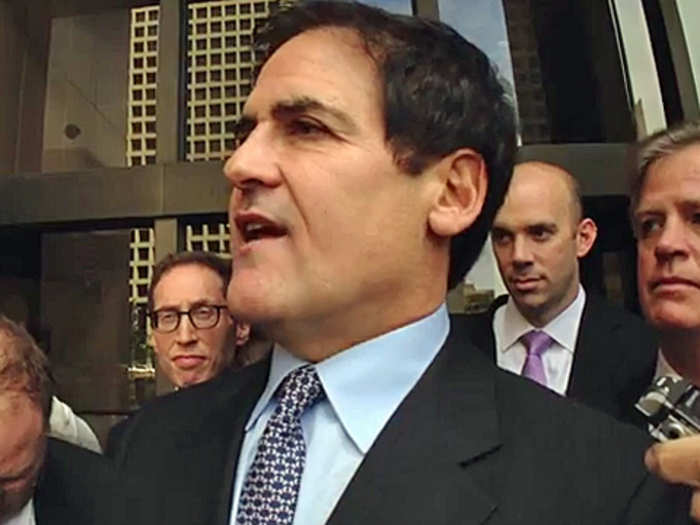
Broadcast.com was founded to let people listen to radio broadcasts over the internet. In 1998, however, so few people had broadband access that few ever actually heard anything on the site.
In April 1999, Yahoo acquired the company for $5.7 billion, making Mark Cuban a lot of money. But the company never took off — and now it doesn't exist at all.
Cuban has used his millions to buy the Dallas NBA franchise, and he remains an active investor, even appearing regularly on ABC's "Shark Tank." In 2013, he was acquitted in an unconnected insider trading case.
GeoCities' David Bohnett created the third biggest site on the web.

Bohnett was one of the founders of GeoCities, which popularized the "home page" for individuals — a function largely usurped by Facebook a decade later. In the mid-1990s, however, it felt as if everyone on the web had a GeoCities page. Only Yahoo and AOL had more traffic than GeoCities at its height.
In January 1999, GeoCities was purchased by Yahoo for $3.57 billion. It was never clear whether GeoCities ever actually made money.
Today, Bohnett is a tech investor. He has a stake in Fab.com, through his fund Baroda Ventures, though that investment doesn't look so promising anymore. He is also the Vice Chairman of the Board of the Los Angeles Philharmonic Association and runs a social activism nonprofit called the David Bohnett Foundation.
Robert Levitan's Flooz burned up to $35 million on ads featuring Whoopi Goldberg, but it turned out that actual dollars were more important than Flooz web credits.
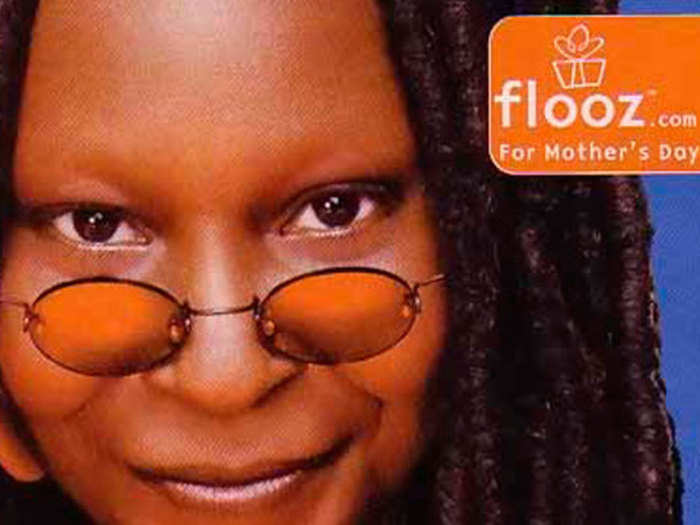
Most people remember Flooz because of its confusing ads starring Whoopi Goldberg, which encouraged people to use an alternative form of credit on the internet, which they could earn via shopping at Flooz-affiliated merchants.
Flooz, however, was a flop, and went bankrupt in 2001.
Levitan went on to found Pando networks, a peer-to-peer file sharing company that was acquired by Microsoft for $11 million last year. Now he's working on Live App, a mobile network for live events.
Kaleil Isaza Tuzman's govWorks was made into a movie, "Startup.com." No one went to see it.
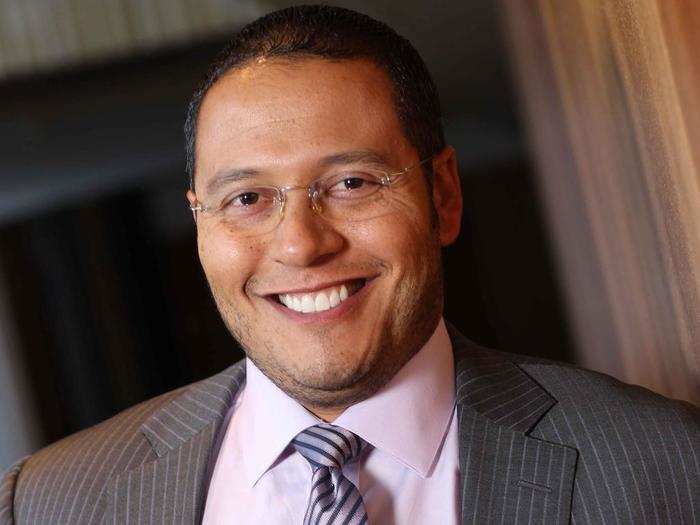
On paper, govWorks was a great idea — a website where people could go to pay parking tickets and get other local government services without having to physically go to the local courthouse.
But the company, which had over 250 employees at its height, burned through $60 million in venture capital and never made a dime. It was documented in an indie movie, "Startup.com," which few actually saw.
Tuzman — a Goldman Sachs alum — went on to become president of JumpTV, a start-up focused on foreign Internet Protocol Television content. The company raised $160 million in two public offerings in 2006 and 2007. Tuzman sold his stake and left the company.
Joseph Park's Kozmo was "the frothiest disaster of the first dotcom bubble," according to Wired, and it burned $250 million. But, like a zombie, it has somehow come back to life.

Kozmo offered to deliver small grocery packages — booze, magazines, coffee — to your door free of charge. It was founded in 1998 and was out of business in 2001.
Bizarrely, Wired — which called it "the frothiest disaster of the first dotcom bubble" — reported in 2013 that it may relaunch, but we have yet to hear of a comeback.
Park later became president of BibleGateway.com, part of the Christian publishing unit of HarperCollins. He then became the CEO of Bluefly, a fashion shopping website, which was acquired by PE firm last year. And he now serves as VP of global ecommerce of Forever 21.
Louis Borders tried the delivery thing in the nineties and failed, but now he's back at it for round two.

After founding Borders Bookstores in 1971 (another flop...), Louis Borders gave delivery a shot with his online grocery business Webvan. He started it in 1999, but went bankrupt only two years after it IPO'd.
While he couldn't figure out how to make online deliveries work in the 90s, Borders is not discouraged. He's giving it another shot with a stealth startup called "Home Delivery Service," which is listed on the site of Borders' incubator Mercury Startups.
Seems like HDS is the Webvan 2.0. Let's see if this decade offers a better reception.
Bonus FAIL! ... APBnews.com's Jim Edwards went on vacation to Amsterdam, told his friends he was having the time of his life, and upon returning to New York learned his employer was bankrupt and he was out of job.

APB was founded by Mark Sauter and Marshall Davidson in 1998. The crime news service had $104 million in funding and 140 employees at its height, including two Pulitzer Prize winners.
In the summer of 2000, APB exhausted its funding and went dark. It had $7 million in debt and only $50,000 in the bank.
Edwards, APB's celebrity news editor, ended up at Business Insider, where he is currently the founding editor of Business Insider U.K. APB's most famous alumna is probably Michelle Gotthelf, the metro editor of the New York Post.
Sauter is now a security consultant. Davidson is now a senior advisor at KMD Studley, a commercial real estate advisory service
There is one guy who totally ruled the dot-com bubble ...
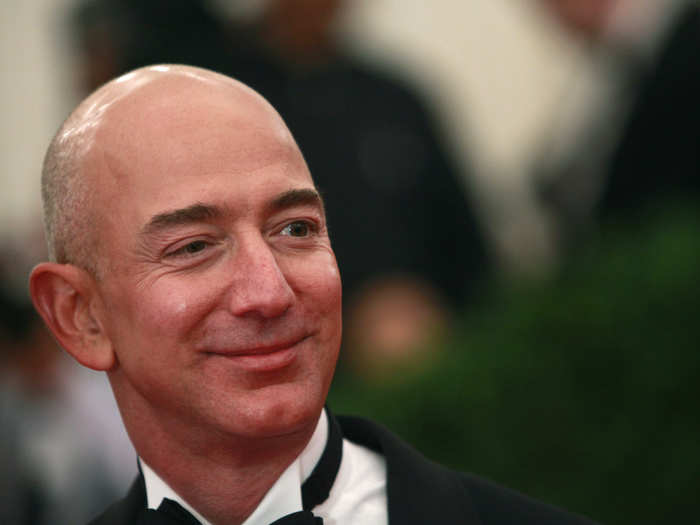
Popular Right Now
Popular Keywords
- India’s wearables market decline
- Vivo V40 Pro vs OnePlus 12R
- Nothing Phone (2a) Plus vs OnePlus Nord 4
- Upcoming smartphones launching in August
- Nothing Phone (2a) review
- Current Location in Google
- Hide Whatsapp Messages
- Phone is hacked or not
- Whatsapp Deleted Messages
- Download photos from Whatsapp
- Instagram Messages
- How to lock facebook profile
- Android 14
- Unfollowed on Instagram
Advertisement